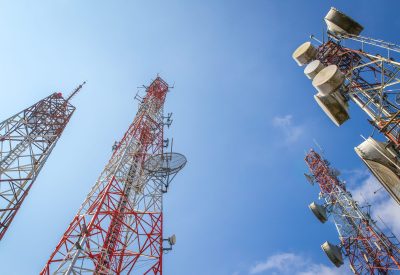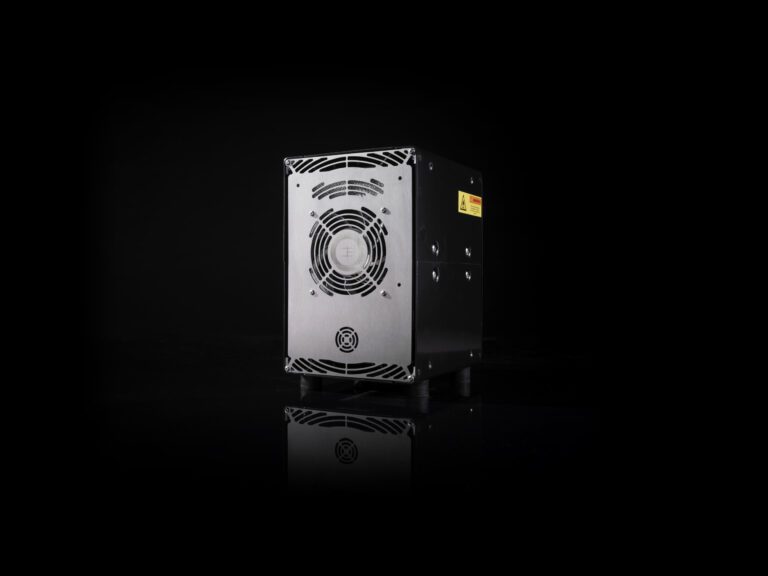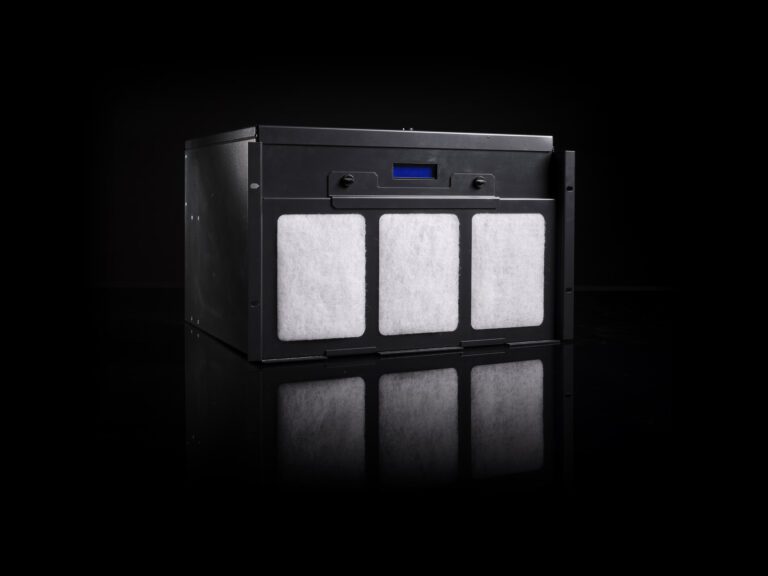Reliable, Sustainable Power for Global Telecom Networks
Telecom providers worldwide are prioritising network resilience and upgrading infrastructure to deliver seamless connectivity for customers. In regions where grid power is intermittent or unreliable, cellular relay sites require robust, long-duration standby power to keep communication online.
Hydrogen fuel cell systems offer a clean, emissions-free alternative to traditional diesel generators for telecom backup power. Intelligent Energy’s advanced fuel cell solutions are already powering telecom networks in Malaysia and North America, with many more deployments underway – helping operators reduce emissions, improve reliability, and future-proof their infrastructure.
Challenges in the telecoms power industry
- Eliminating emissions – diesel generators produce dangerous emissions whilst running from noise to carbon monoxide. With many telecoms sites sitting in rural areas, this can be detrimental to the surrounding ecosystem.
- Storage efficiency – batteries may be efficient at storing energy for telecommunications, but unlike fuel cells, they require space for storage and charging. Stored surplus energy will also diminish over time due to self-discharge phenomenon.
- Downtime and grid dependence – fuel cells can provide reliable backup power during outages, especially when renewables are unavailable. Surplus energy stored as hydrogen remains stable over time and can be converted back into electricity whenever needed.
Our telecoms power products
Intelligent Energy’s IE-POWER™ range of hydrogen fuel cell modules offers a highly effective solution for telecoms applications where reliable, flexible off-grid power is essential. Designed to meet the demanding requirements of remote and urban telecom infrastructure, these modules deliver clean, continuous energy without the drawbacks of traditional systems.
Unlike diesel generators, which produce harmful emissions and require frequent maintenance, or battery-only systems that suffer from limited runtime and long recharge cycles, IE-POWER modules operate with zero emissions and minimal noise. Their compact and robust design ensures easy integration into existing telecom setups, even in space-constrained or environmentally sensitive locations.
These fuel cells are particularly well-suited for:
- Remote cell towers with limited grid access
- Emergency backup systems during outages
- Urban deployments where noise and air quality regulations are strict
Benefits of fuel cells for telecoms
- Emissions-free power – hydrogen fuel cells generate electricity through an electrochemical reaction, producing no harmful emissions at point of use. The only by-products of the process are water and heat.
- Robust reliability – wide operating temperature range of -10°C to +40°C, with altitude of 0m to 4000m, and 10% to 90% humidity. The lower and upper limits of the system are subject to derate (please refer to datasheet).
- Improved efficiency – hydrogen fuel cells are up to 60% energy efficient in comparison to the typical internal combustion engine, which is around 25%.
- Scalable, modular power – using scalable, modular products comes with a variety of advantages: greater reliability and easier serviceability.
- Lower lifecycle costs – fuel cell systems are higher in capital cost, but their low maintenance and operational cost are benefits that offset battery and battery-diesel generator systems.


